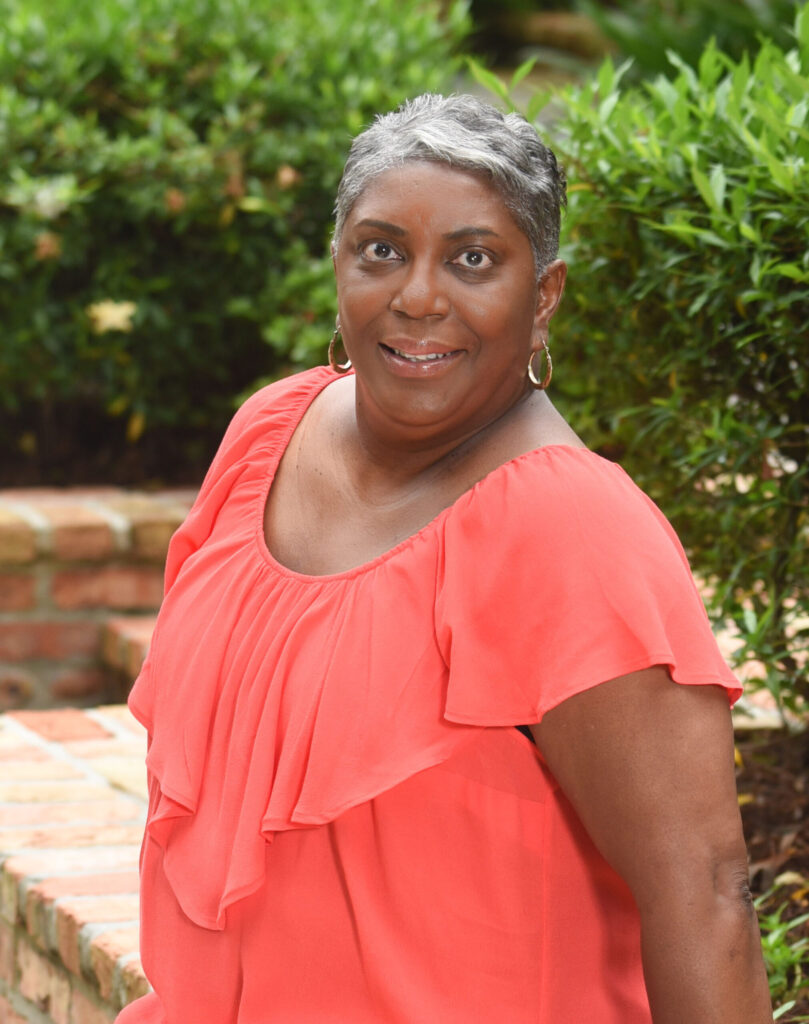
When it comes to understanding our health issues, doing research can go a long way in filling in the gaps. However, some of us have to go the extra mile when it comes to getting answers. North Carolina resident Stephanie Walker was diagnosed with metastatic breast cancer years ago. However, things only seemed to go downhill from there after Walker’s health led to the loss of her job.
Furthermore, research asserts that there are multiple risk factors that drive the Black and white disparity, including racial differences in insurance status. In other words, Walker found herself at odds with the healthcare system. Fortunately, she was able to rise above the statistics and pave the way for herself.
In the end, her willingness to learn and determination to find better treatment options led Walker to break down barriers. Now the metastatic breast cancer survivor says that “research saves people’s lives.”
RELATED: Your Cancer Survival Rate May Be A Matter of Participating in Clinical Trials, or Not
Stephanie Walker Refused To Let Herself Go Broke
Managing a health crisis may be stressful, especially with all the medical bills piling up in our mailbox. For Stephanie Walker, the burden of her Metastatic Breast Cancer started to take its toll on her. In fact, her 2015 health diagnosis affected more than one facet of her life.
After suffering from a pulmonary embolism that resulted from the cancer, she was forced to quit her job in 2017. With no concrete information about her diagnosis and jobless, Walker was staring down a rough couple of months.
Fortunately, the 62-year-old decided that she’d change her fate. Initially, no one gave Walker any emotional or financial support for managing her Breast Cancer.
“I had to find all that stuff out on my own,” Walker said during an interview with Everyday Health.
In the end, she put all her energy into researching solutions to her financial crisis. Walker spent several days and three weeks making phone calls trying to find financial assistance.
At one point, she even went to the cancer center and explained her situation, making it clear that she didn’t have a job. “I want to live, so what can you do to help?” Walker recalled asking.
With lady luck on her side, Walker was able to reduce the monthly treatment cost of approximately $16,000 to an amount much more affordable. Walker says if she hadn’t advocated for herself, she would’ve lost everything.
She Goes The Extra Mile
There’s an old saying that knowledge is power. Not long after her diagnosis, Walker realized that she’d have to do her own research to understand her chronic disease. Even more so, Walker’s experience as a Black woman from the south managing her metastatic breast cancer meant that she’d face certain disadvantages.
Fortunately, that didn’t stop the 62-year-old from breaking down barriers and gathering as much information as she could about her condition. After attending a conference, Walker says that she’s never felt so heard and understood before.
“I had a community now that I could go to with my problems or my concerns,” she told Everyday Health.
She also learned about the disparities that existed in the healthcare system. Black patients with the disease weren’t being offered the same treatment as white women. This led Walker to work towards creating situations that would benefit Black people’s health. She particularly urged the Black community to get involved in clinical trials. For years, Black people have been weary of such practices, given the long history of heinous acts, such as the notorious Tuskegee experiment.
It’s important that a level of trust be established between a healthcare provider and patient. Fortunately, Walker is able to provide that for patients. Walker tells Everyday Health that when she approaches a patient, they’re more likely to consider participating in a clinical trial.
“I look like them. I’m more apt to get their attention,” she says.
At the end of the day, Stephanie Walker wants to help others receive the proper care they need. More importantly, she wants the Black community to be informed and knowledgeable about their condition.
RELATED: Clinical Trial Participation: Representation Matters
Stephanie Walker Gets The Work Done
Stephanie Walker was determined to make her voice heard in the healthcare system. Eventually, she moved on from one major role in an organization to another as their project lead. Walker wasn’t only speaking with the Black community but also having talks with scientists about better treatment options.
The grandmother tells Everyday Health that she wants researchers to understand that they’re speaking to a Black woman. Even more important, she wants the Black community’s needs to be heard. While doctors supposedly help people, Stephanie Walker argues that it’s research that saves lives.








